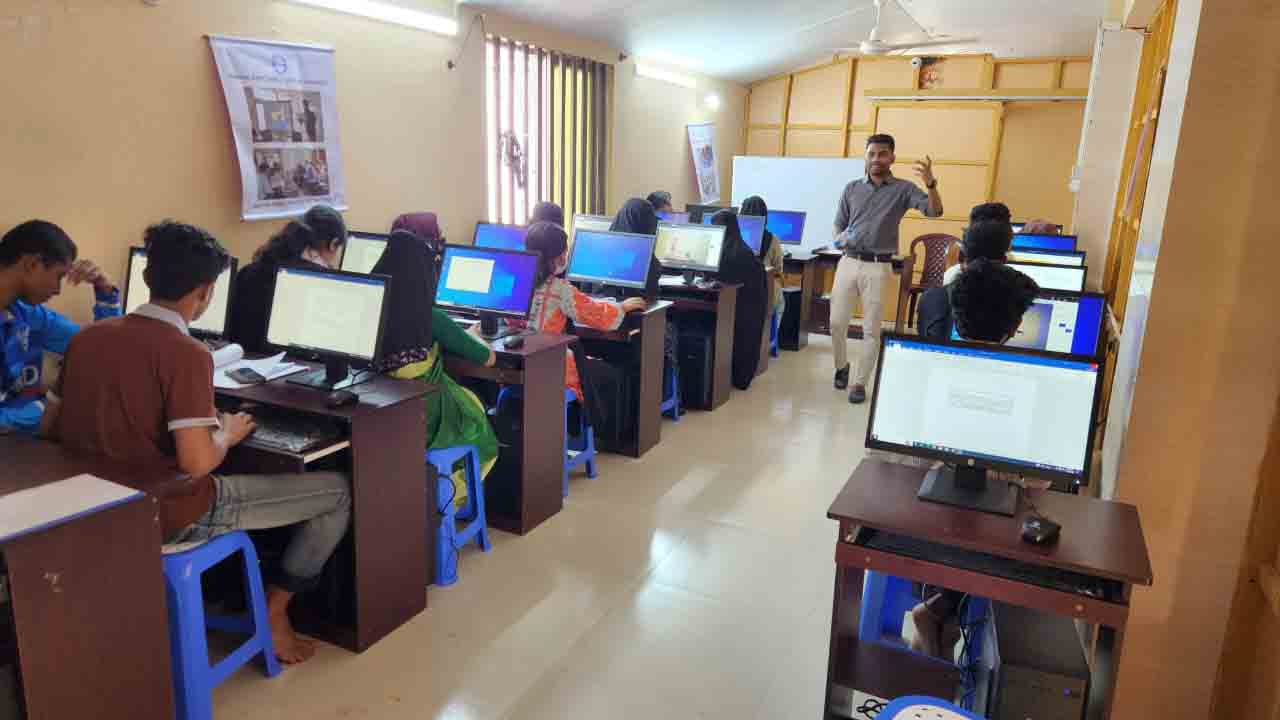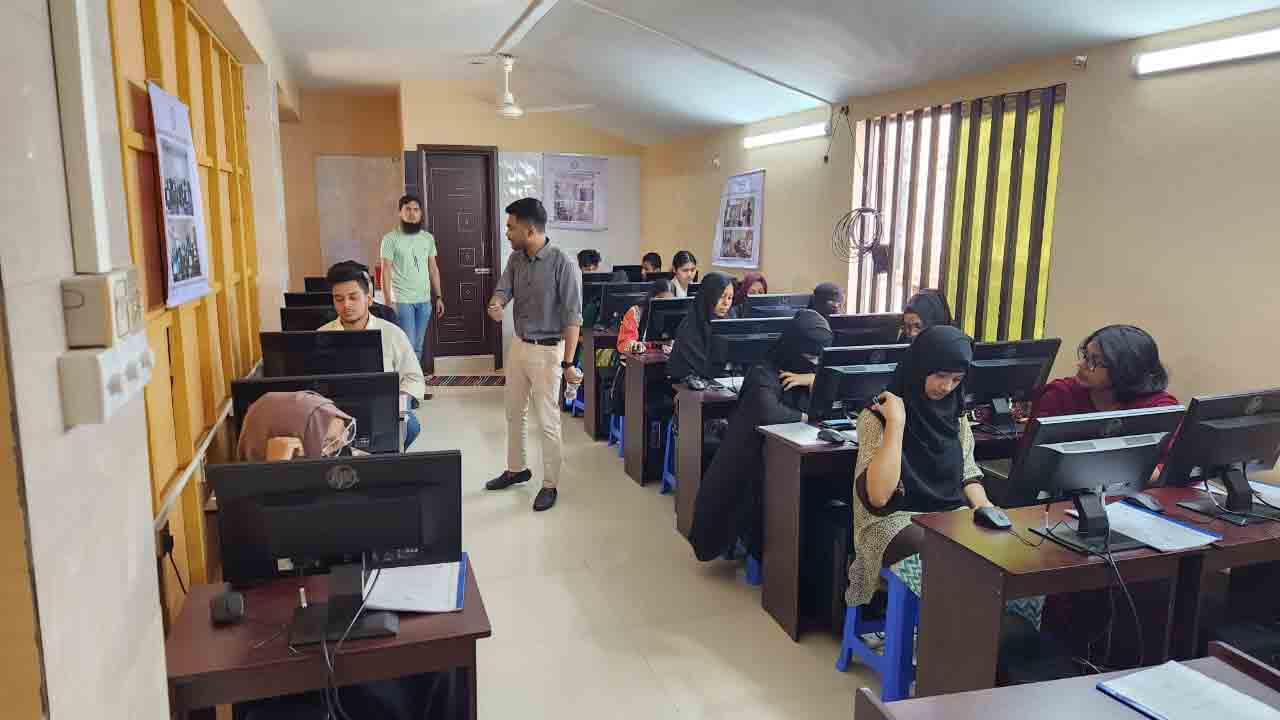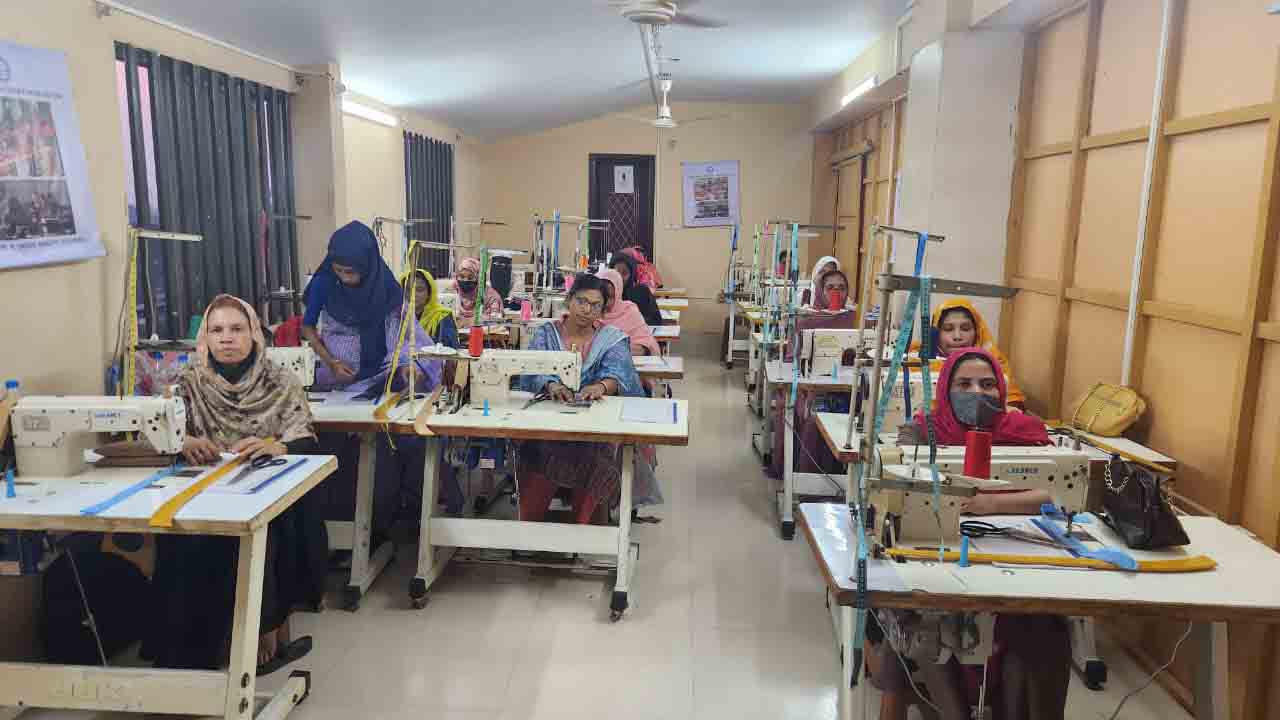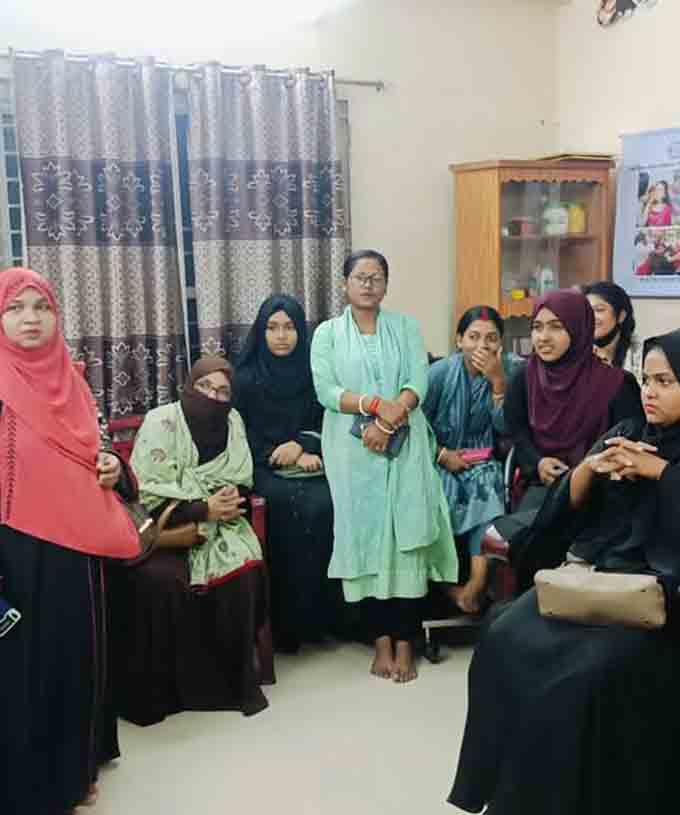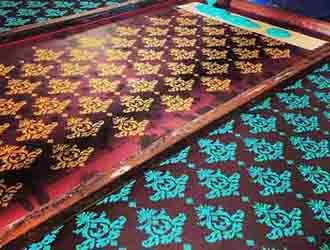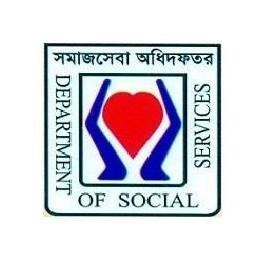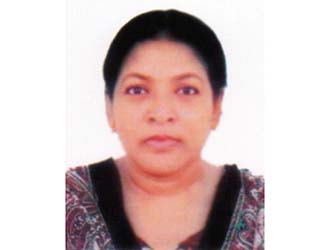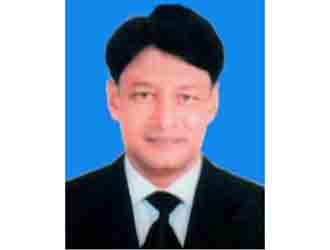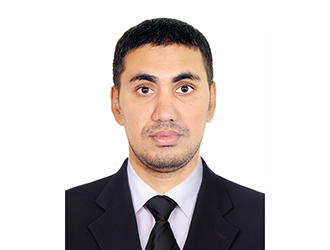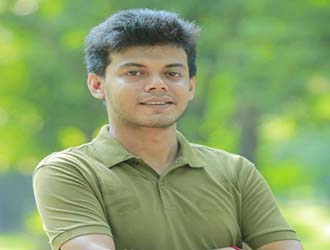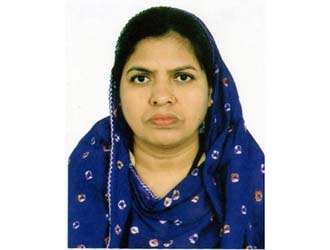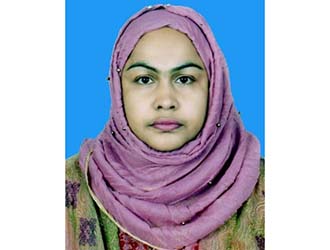Activities
The Skill Development Training Center carries out a range of activities designed to achieve the program's objective. These activities are tailored to ensure comprehensive learning, practical exposure, and entrepreneurial success for participants.
1. Training Programs in High-Demand Fields
- The Block Batik Trade program will focus on the intricacies of traditional fabric printing. Participants will learn the history, techniques, and modern applications of Block Batik, allowing them to create their own products. This activity aims to preserve and promote local crafts while providing opportunities for entrepreneurship.
- Computer Literacy courses will cover a wide range of subjects, from basic computer operations to more advanced software training. With the rapid advancement of the digital economy, the ability to use computers effectively is crucial, and this training ensures that participants will be prepared for modern work environments.
- Fashion Design will focus on creative aspects of designing apparel, including patternmaking, fabric selection, and garment construction. Participants will learn how to conceptualize and produce clothing that blends traditional aesthetics with modern trends.
2. Workshops and Guest Speakers:
Workshops will be organized to give participants an opportunity to learn from industry professionals, entrepreneurs, and successful artisans. These sessions will provide valuable insights into market trends, business strategies, and the global fashion and craft markets. Guest speakers will share their experiences and advice, motivating participants to pursue their own entrepreneurial goals.
3. Practical, Hands-On Training:
Each training program is designed to involve participants actively in the learning process. Participants will engage in practical exercises where they can develop real-world products and solutions. These exercises are intended to simulate workplace challenges and give participants the skills needed to excel in their chosen industries.
4. Business Incubation and Support:
The program will also provide business incubation services to help successful graduates start their own enterprises. This includes mentorship, guidance on business planning, market research, and assistance in navigating legal and financial aspects of entrepreneurship.
5. Community Engagement:
Active engagement with local communities will be a continuous process throughout the training program. This helps ensure that participants remain grounded in the realities of the local market, and it also allows for community members to observe the progress of the program and participate in its success.

